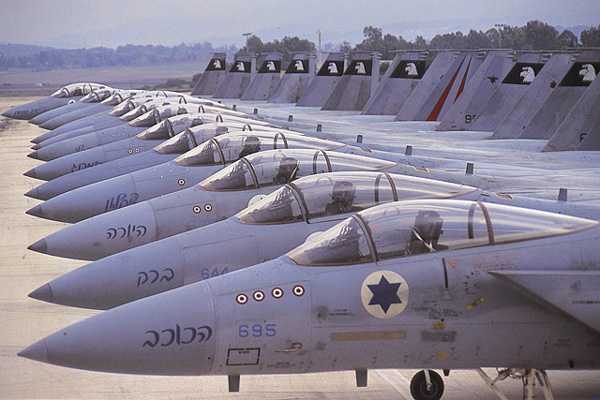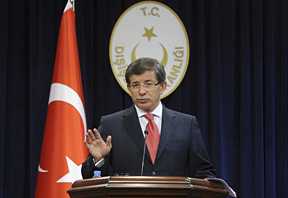Israel Cancels Military Contract With Turkey to Supply Aerial System
By ISABEL KERSHNER
JERUSALEM — The Israeli government has canceled a $141 million contract to supply Turkey with an advanced aerial intelligence system, Israeli officials confirmed on Friday. The move appeared to reflect a profound reassessment of strategic ties with Turkey, a former ally, months after Turkey downgraded diplomatic relations with Israel.
The reason, one official said, was that given Turkey’s shifting allegiances in a turbulent region, Israel feared that the delicate technology could end up in the hands of hostile governments, like Iran.
The contract, between the Israeli military companies that developed the product and the Turkish military, was signed two years ago when relations were not as chilly as they are now, but the first delivery of equipment was due only now. Israel’s Ministry of Defense, which issues the export licenses for all such deliveries, decided on Thursday to stop the deal.
There was no immediate comment from the Turkish side on the Israeli cancellation of the contract. The decision was most likely taken after broader consultation within the Israeli government, according to an Israeli military industries official. He spoke on the condition of anonymity in order to be able to express himself more freely.
The Ministry of Defense said in a statement that it “does not usually delineate the particular information or considerations that form the basis of its defense export-policy decisions.”
The statement said such decisions “are taken in a professional manner and in accordance with the specific diplomatic and security considerations.”
But apparently in an attempt to prevent further deterioration in Israeli-Turkish relations, Israeli security officials added that the decision was directly related to the specific system in question, and not the overall relationship between the two countries. They said that those relations were extremely important to Israel and that Israel was working to improve them.
The new equipment that Israel was supposed to supply to Turkey is an optic system based on radar technology that can be installed under the wings of aircraft and give a clear picture of what is happening on the ground in all weather conditions, day or night. It was developed by subsidiaries of Israel Aerospace Industries and of Elbit Systems, which trades on the Nasdaq and the Tel Aviv Stock Exchange.
Turkey, a member of NATO, once ranked as Israel’s closest ally in the Muslim world. Ties between the two countries’ militaries and military industries were particularly strong.
Relations began to sour after Israel’s three-week war against Hamas in Gaza in the winter of 2008-9. They reached a crisis point in May 2010 when an Israeli commando raid on a Turkish protest boat, part of an international flotilla challenging Israel’s naval blockade of Gaza, led to clashes during which eight Turks and an American of Turkish descent were killed.
In September, after Israel refused to apologize for the deaths, Turkey downgraded diplomatic relations to the lowest level and expelled the Israeli ambassador. Turkey’s foreign minister, Ahmet Davutoglu, said at the time that all military agreements had been suspended. The contract just canceled by Israel was the last outstanding one since the deterioration of ties.
Several senior Israeli officials, including the defense minister, Ehud Barak, have indicated support for the idea of apologizing to Turkey. But they also argue that Turkey’s shift toward the Arab world and efforts to become a major regional player make it unlikely that relations with Israel would go back to being as close as they once were.
The Israeli military industries official said that despite Turkish declarations about cutting all military ties, working relations between the Israeli military industry and the Turkish military were good until Thursday. But Israel has been reluctant to send technical teams to Turkey to provide service under previous contracts. In some cases, Turkey has sent equipment to Israel for repairs.
A version of this article appeared in print on December 24, 2011, on page A6 of the New York edition with the headline: Israel Cancels Military Contract With Turkey to Supply Aerial System.
via Israel Cancels Military Contract With Turkey to Supply Aerial System – NYTimes.com.






